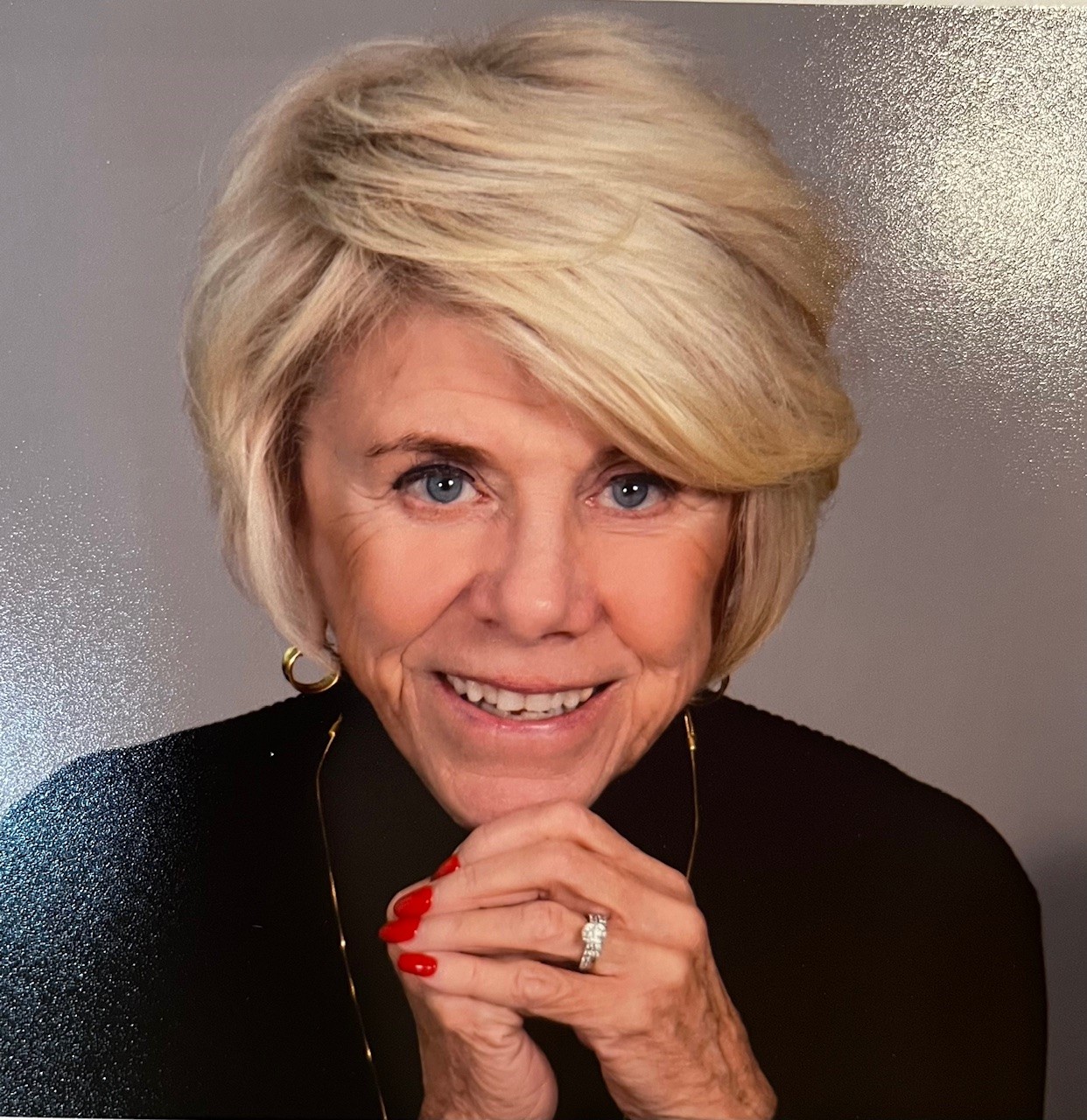
[Flash] Match.com Sparks… Mentor Differently!
|
This month, Match.com teamed up with Jay Shetty, author of the book 8 Rules of Love, to promote Match as a solution in the quest for love.
Not surprising, for Shetty has long argued that compatibility is more important than chemistry in the world of romance. This equally applies in the world of mentoring: compatibility eclipses chemistry. What is compatibility? It’s about aligning interests, goals, and motivations to work together in harmony and navigate challenges with flexibility, forgiveness, and friendship. Whether you’re on a love or learning journey, look for partners whose approach to life and work synch with yours. Here are Shetty’s words in the new Match.com commercial. “There are more ways than ever to meet someone, yet here we are, disillusioned and struggling to meet someone. Maybe it’s time we date differently. Take the pressure off that first date and focus on the conversation. Know your values and be curious about theirs. It’s okay to be vulnerable and ask deeper questions like, ‘What’s an experience you’d love to relive for the first time?’ To be more present, show up as your most authentic self and pay attention to the little things. So, throw out the checklist and commit to a plan. Give someone new a chance. I’m partnering with Match. Starting today, we challenge you to date differently.” If he hadn’t said “date,” I would have bet Shetty was talking about mentoring! Mentoring is a concept as old as time. And many people still believe that mentoring, like dating, will happen naturally, evolving from a professional or personal relationship. As Shetty described, there are more ways than ever to connect, yet people struggle to find mentors. Instead of hoping a mentor will magically appear, let’s actively create the mentoring we want:
Obi-Wan Kenobi is not coming. It’s time to mentor differently! © 2024. Ann Tardy and MentorLead. www.mentorlead.com. All Rights Reserved. |







